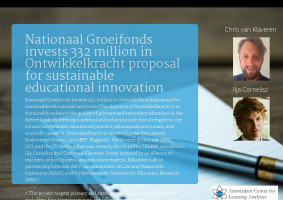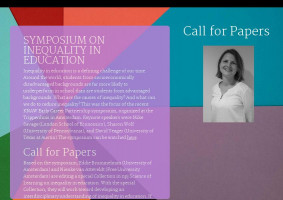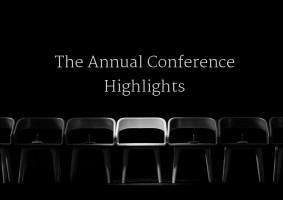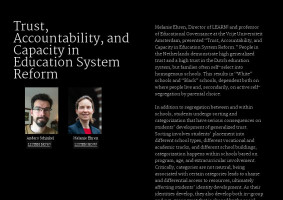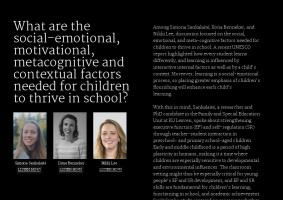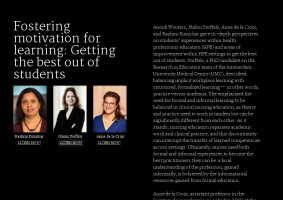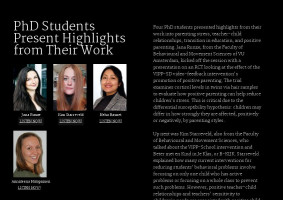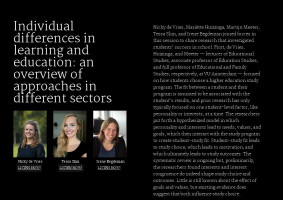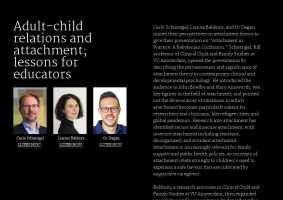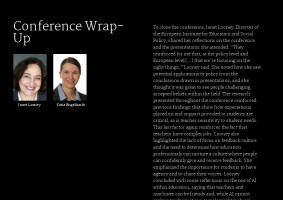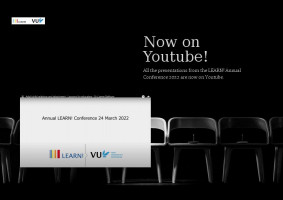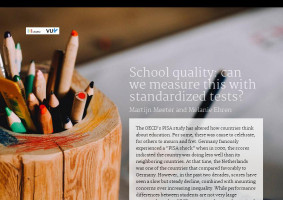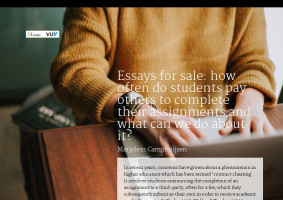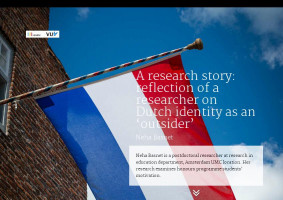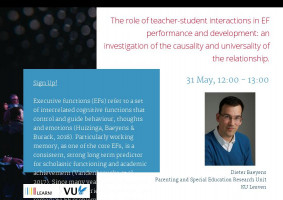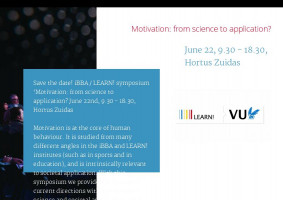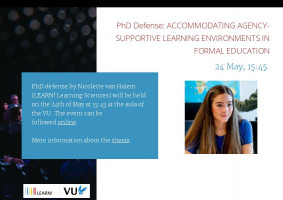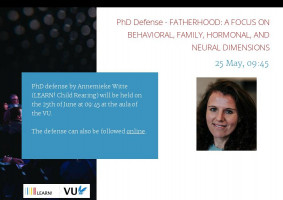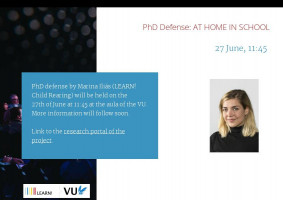(1)_w200_h280_1.jpg)
Melanie Ehren, Director of LEARN! and professor of Educational Governance at the Vrije Universiteit Amsterdam, presented “Trust, Accountability, and Capacity in Education System Reform.” People in the Netherlands demonstrate high generalized trust and a high trust in the Dutch education system, but families often self-select into homogenous schools. This results in “White” schools and “Black” schools, dependent both on where people live and, secondarily, on active self-segregation by parental choice.
In addition to segregation between and within schools, students undergo sorting and categorization that have serious consequences on students’ development of generalized trust. Sorting involves students’ placement into different school types, different vocational and academic tracks, and different school buildings; categorization happens within schools based on program, age, and extracurricular involvement. Critically, categories are not neutral; being associated with certain categories leads to shame and differential access to resources, ultimately affecting students’ identity development. As their identities develop, they also develop both in-group and out-group trust that is shaped by the social and physical distance placed between certain students based on sorting and categorization.
Ehren proposes ways people across society can positively change these processes of sorting and categorization that lead to segregation among students. The collective action of parents and school administrators is needed to de-segregate and diversify schools. This should start at the preschool level; friendships between children start young and can influence where children continue on to primary school. In the Q&A session following her presentation, Ehren also noted how teachers themselves self-segregate based on perceived “attractiveness” of different schools, so effort is also required to convince teachers to be open to employment in diverse schools. Wider social policy can help prevent segregation in education by preventing segregation in other elements of life, from housing to hobbies.
Anders Schinkel, associate professor of Educational Studies at the Vrije Universiteit Amsterdam, then presented philosophical reflections on Ehren’s presentation. He commended Ehren for drawing attention to the consequences of sorting and categorization, namely the differential development of trust and the connection between trust and socio-educational inequities. He first reflected on the capability approach, put forth by Martha Nussbaum. Through the lens of this theory, researchers potentially have a new way to examine connections between inequality and trust development. As Schinkel said, “Differential development of trust in students is therefore not just another undesirable consequence of sorting, nor of inequality, but itself a form of inequality in capabilities that must be addressed as a matter of justice.”
Then, he reflected on the critical importance of trust. Schinkel distinguished between good and bad trust, noting that distrust can be a justified response, especially following sorting and categorization. Instead of trying to rid students of their distrust, we must address the basis upon which this distrust has formed. Care education provides a valuable perspective here: when considering student trust, the education system should emphasize genuine, caring relationships between teachers and students; teachers showing their trust in students; and a sensitivity to the intrinsic risk of placing trust in another person.
The concluding Q&A for the session highlighted the prevalence of school segregation in other countries beyond the Netherlands, notably South Africa. The presenters and attendees reflected on the intergenerational transmission of segregation and, by extension, of trust within communities. (Dis)trust exists not only in societal or school contexts but also in historical contexts which shape dimensions of trust and understanding over time. Though the session only lasted 75 minutes, people agreed that conversations about segregation and trust can always be discussed at greater length.
Listen now!
(1)_w200_h280_1.jpg)
Listen now!



